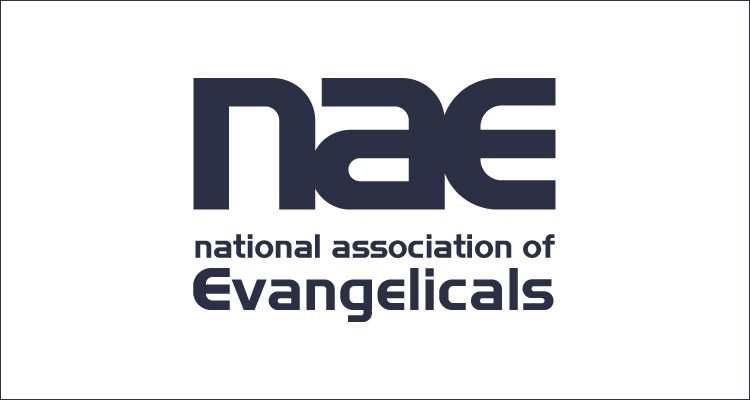 Evangelical Christians were a major voting bloc that put Donald Trump in the U.S. White House. Only a few days after that November, 2016, presidential election, the Pew Research Center said its poll showed that 81% of all white evangelicals who voted in that election voted for Republican nominee Donald Trump rather than Democratic nominee Hilary Clinton. Some of those voters said they voted against Clinton more than for Trump.
Evangelical Christians were a major voting bloc that put Donald Trump in the U.S. White House. Only a few days after that November, 2016, presidential election, the Pew Research Center said its poll showed that 81% of all white evangelicals who voted in that election voted for Republican nominee Donald Trump rather than Democratic nominee Hilary Clinton. Some of those voters said they voted against Clinton more than for Trump.
Now, just over one year after Donald Trump has been president, Pew says a significant portion of those evangelical voters are having second thoughts. A recent Pew poll on this matter shows that 13% of those white evangelical women, and 9% of white evangelical men, who voted for Trump as president no longer support him. These Evangelicals say Trump’s character flaws are so opposite of what they expect in a president. But then, they should have known what Trump was like before they voted.
This is not the case, however, with most evangelical leaders. Franklin Graham, son of the famous evangelist Billy Graham who just died recently, Jerry Falwell Jr., president of Liberty University and son of the deceased leader of the now defunct Moral Majority, and Tony Perkins, president of the influential Family Research Council, are still strong believers in not only Jesus but The Donald. How does that make sense? Some defend him by mentioning fundamental Christian doctrines such as grace, mercy, and forgiveness.
For these Evangelicals who support Trump, it’s all about values–the culture wars! They voted for Trump because he was going to bring it–bring policy they wanted, such as anti-abortion laws, anti-same-sex marriage laws, and conservative judges on the Supreme Court. Many of these evangelicals had admitted they didn’t approve of some of Donald Trump’s character. But they were able to divorce that from his conservative, political policies.
Another issue is that Evangelicalism is getting a bad name because of this toxic political scene. I’ve called myself an evangelical for many decades. But now, I’m not so sure about it. Many Americans now view Evangelicalism as a religious and politically ultra-conservative group. That last description doesn’t fit me even though I’ve been somewhat conservative politically. And some Evangelicals have abandoned calling themselves evangelical.












